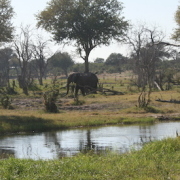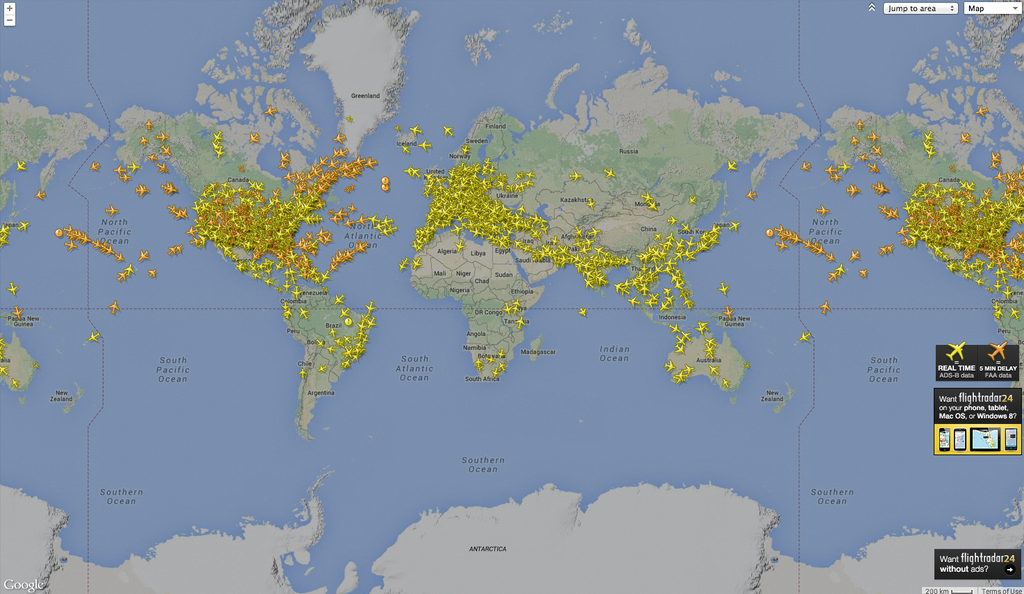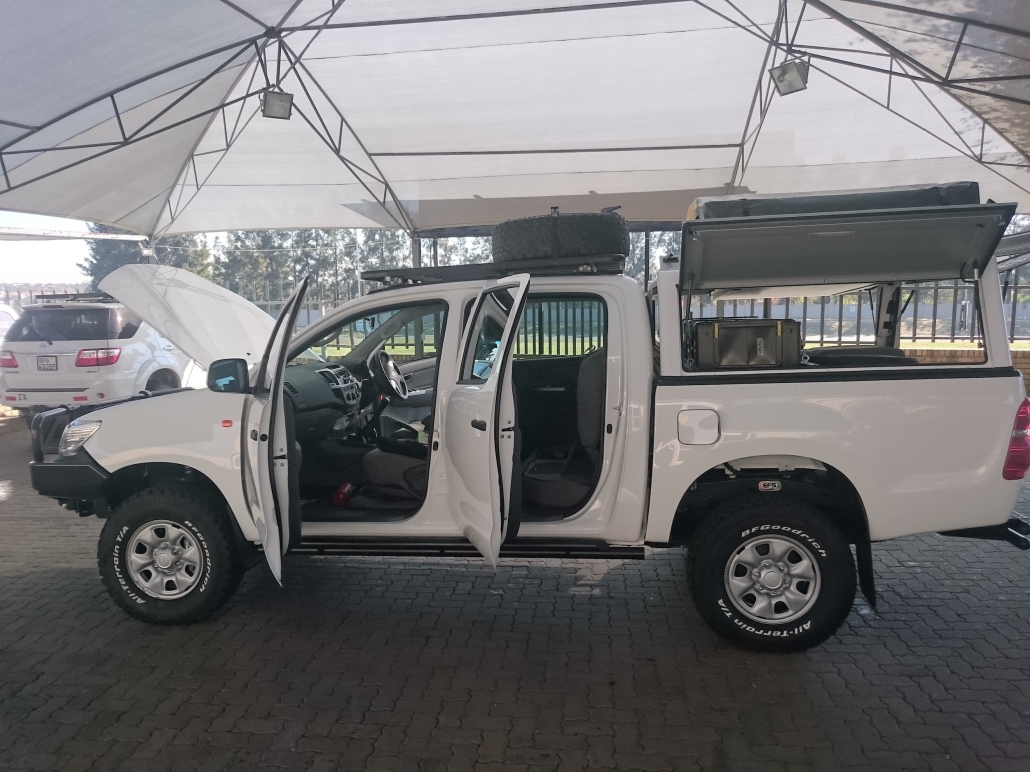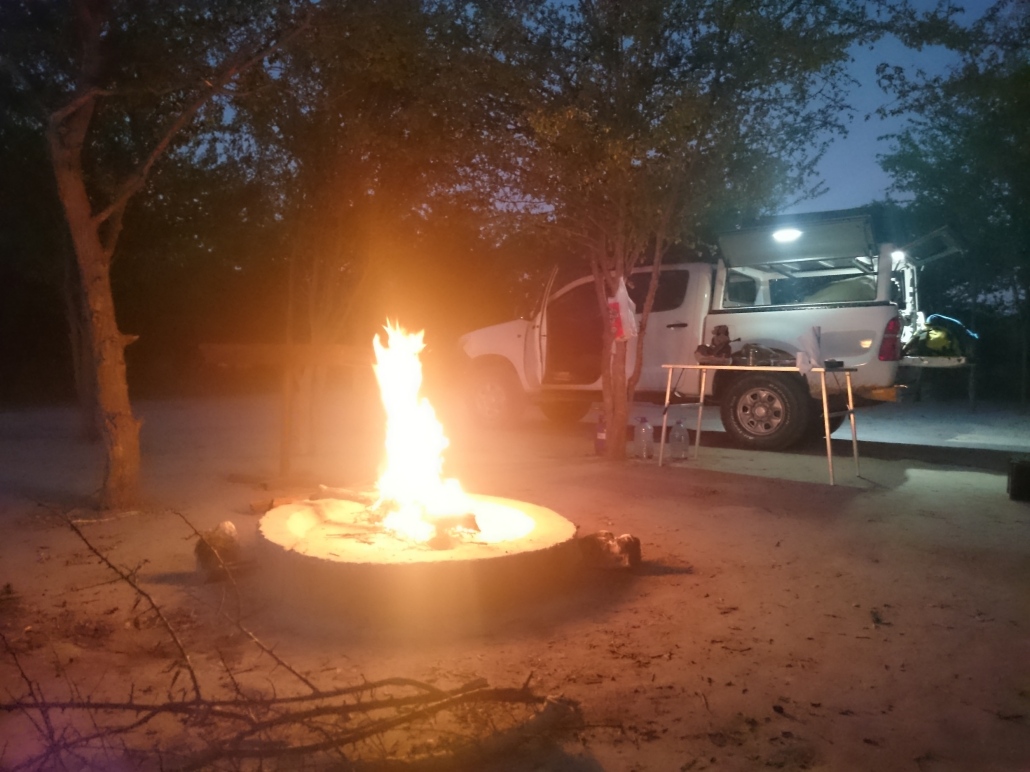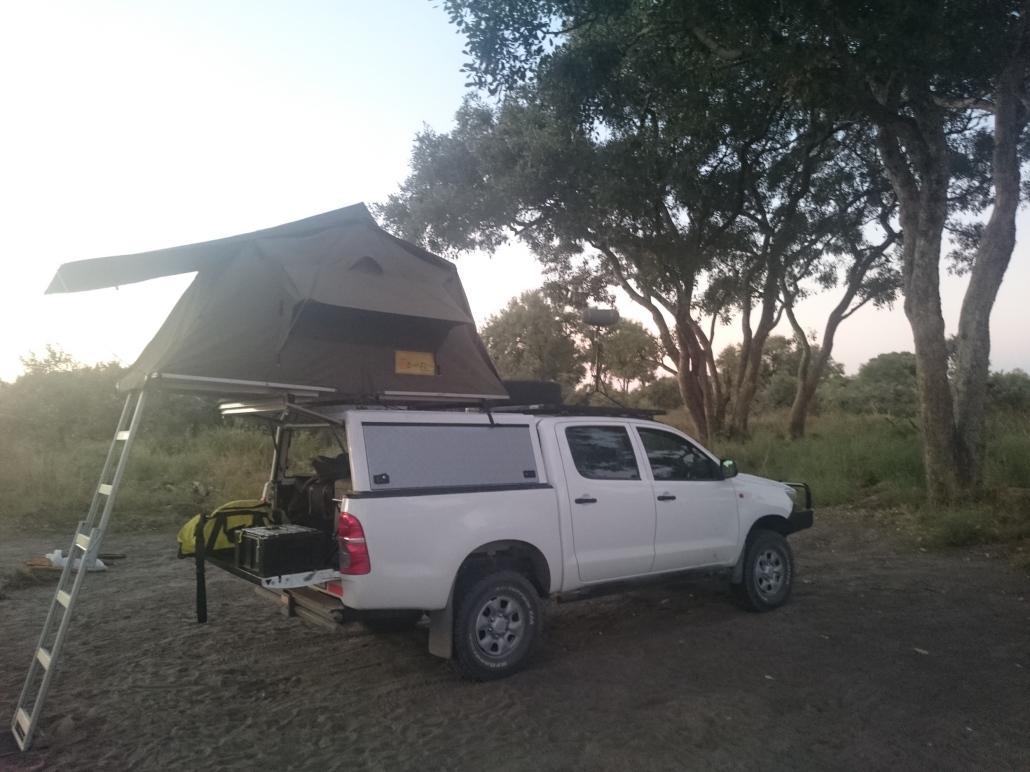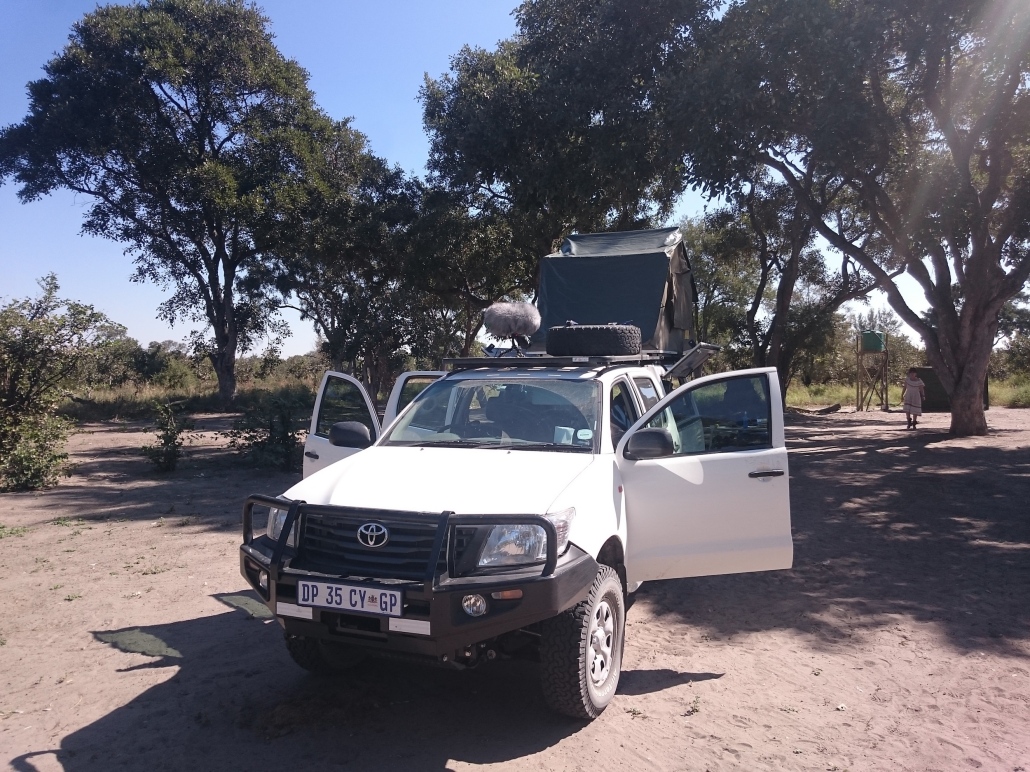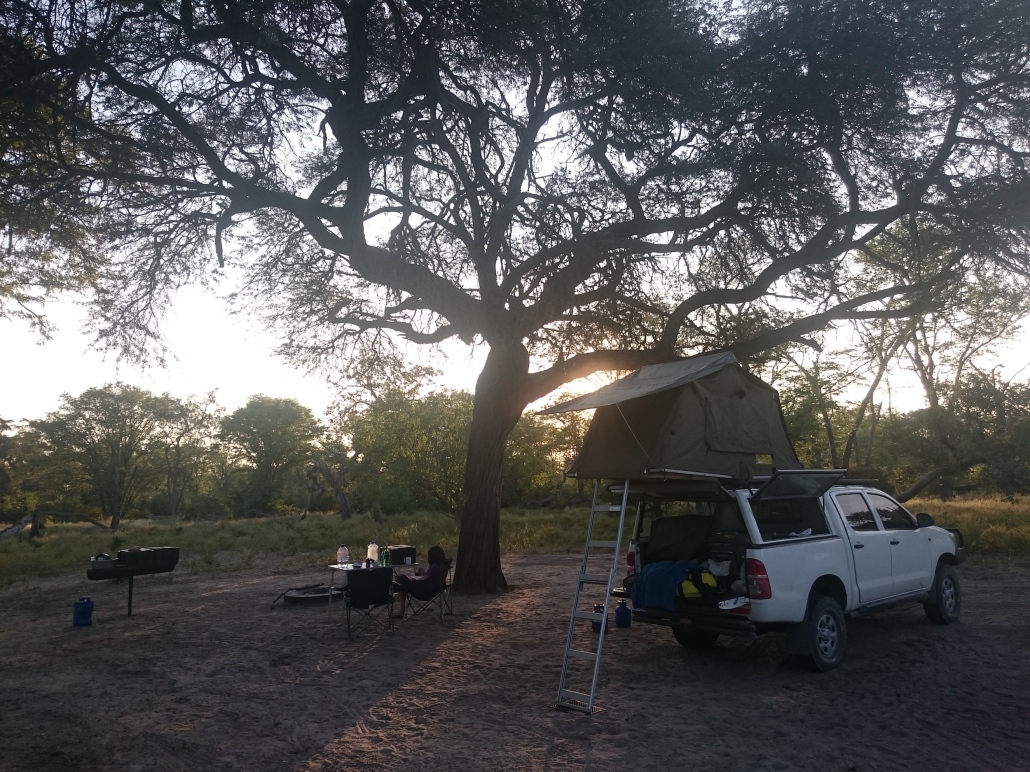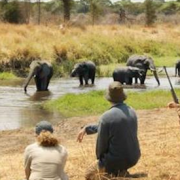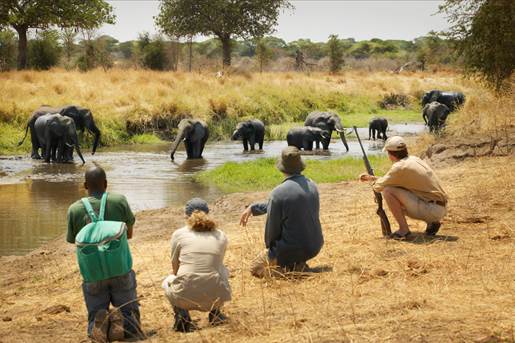Sound recording & camping in the African wilderness – Part I: Botswana
Take a look at this image, a screenshot of worldwide flight traffic taken from a random visit to the Flightradar website.
What do you see?
Likely, your eye will be drawn to the insane clusters of air traffic that obscure those parts of the map where the United States, Asia and Western Europe lie; the latter being where I generally call home. But go down from Europe to Africa, and we are greeted by space, emptiness, a lovely void of air traffic.
While a few airplanes dot the skies over southern and eastern Africa, seeing this image late 2014 reinforced my will to visit the southern part of the continent, and bring my microphones with me. The never-ending cacaphony of anthropophonic noise in Western Europe, caused by continuous overflying air planes, highway drones and general overpopulation is without a doubt one of my main annoyances – not just as a sound recordist, but as a human being. I crave for a degree of quiet and solitude, for a place that is wilder and more real than the perfectly cut grassy fields and micromanaged spaces that we call ‘natural parks’ in Europe and the UK.
And so I flew down in March 2015, to first spend a couple of months in Zimbabwe, learning about the environment and recording as much wildlife and nature sound as I could, about which I have already quite extensively written & shared recordings of on this site.
After my time there, I flew to Johannesburg in May to meet up with my girlfriend and pick up a rented Toyota Hilux, equipped with all the tools and toys for a few weeks of camping, self-drive game drives and sound recording in the nature of Botswana, Namibia and South Africa.
A few images to show the car, camping and recording setup
